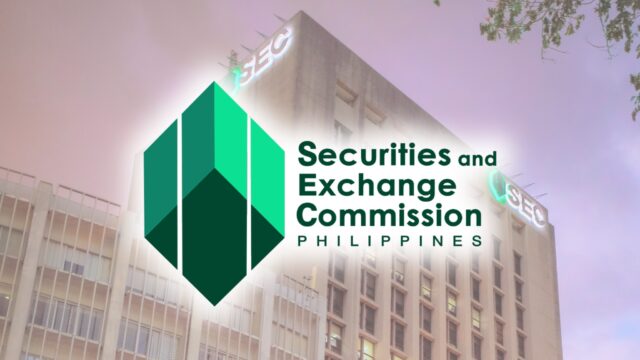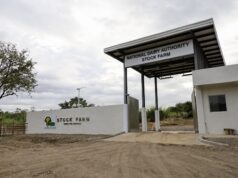The Securities and Exchange Commission (SEC) is looking to enforce a stricter limit on interest rates and other fees imposed by lending and financing companies, as part of its intensified campaign to protect borrowers from predatory lending while ensuring the viability and competitiveness of legitimate lenders.
The SEC on October 30 issued for public comment the draft memorandum circular on Recalibrated Ceilings on Interest Rates and Other Fees Charged by Financing Companies, Lending Companies and their Online Lending Platforms.
Under the proposed SEC rules, the ceiling on interest rates and other fees will apply to unsecured general-purpose loans that do not exceed the amount of P20,000.00 and whose terms do not exceed six months. The regulation will cover all such loan contracts entered into, restructured, or renewed beginning December 1, 2025, whether online or through traditional and offline distribution channels.
The SEC is seeking to impose the limitation on interest rates and fees under Republic Act (RA) No. 11765, or the Financial Products and Services Consumer Protection Act, which grants the Commission authority to “determine the reasonableness of interest charges and fees which financial service providers may demand, collect, or receive for any service or product offered to a financial consumer.”
The SEC earlier imposed an interest rate cap for lending and financing companies in 2022, as fixed by the Bangko Sentral ng Pilipinas pursuant to its authority under the RA No. 9474 or the Lending Company Regulation Act of 2007 and RA No. 8556 or the Financing Company Act of 1998. The regulation, however, applied only to unsecured general-purpose loans not exceeding P10,000 and payable up to four months.
The Commission’s proposal aims to better reflect current socioeconomic conditions, striking a balance between consumer protection and the competitiveness of duly licensed lending and financing companies.
“The number of borrowers struggling under excessive interest rates has continued to grow in recent years, as certain entities exploit the accessibility of online lending applications to trap our fellow kababayans in cycles of debt,” SEC Chairperson Francis Lim said.
“Through responsive policies and stronger enforcement actions, the SEC will ensure that lending practices remain fair, transparent, and aligned with consumer protection standards, while promoting the continued viability and competitiveness of legitimate financing and lending companies,” he added.
Maximum interest rates, other fees
Under the proposed rules, the SEC is fixing the maximum nominal interest rate at 6 percent per month, or about 0.2 percent per day.
The effective interest rate will likewise be limited to 10 percent per month, or about 0.33 percent per day, which shall include the nominal interest rate and all other applicable fees and charges, such as processing fees, service fees, notarial fees, handling fees and verification fees, among others, but shall exclude fees and penalties for late and non-payment on outstanding scheduled amounts due.
Meanwhile, lending and financing companies may only charge penalties of up to 5 percent per month for late payment or non-payment on outstanding scheduled amounts due.
A total cost cap of 100 percent of the total amount borrowed, applying to all interest, other fees and charges, and penalties, regardless of time the loan has been outstanding, will likewise be imposed.
The interest rate ceilings and other fees will be subject to a periodic review to ensure it remains in line with evolving industry needs and regulatory requirements.
Penalties
Lending companies that fail to comply with the interest rate limits will be fined P25,000 for the first offense, and P50,000 for the second offense. Financing companies will be subject to a fine of P50,000 and P100,000 for the first and second offenses, respectively.
For the third offense, the SEC may impose a fine equivalent to at least twice the penalty for the second offense, but not more than P1 million. This may also result in the suspension of the company’s financing and lending activities for a period of 60 days, and/or the revocation of its secondary license, as appropriate for each circumstance.
Depending on the gravity of the offense, the SEC may also suspend or revoke the company’s primary registration.
The SEC Financing and Lending Companies Department is accepting comments on the draft memorandum circular until November 14. Comments may be sent via the Google Form linked here.





